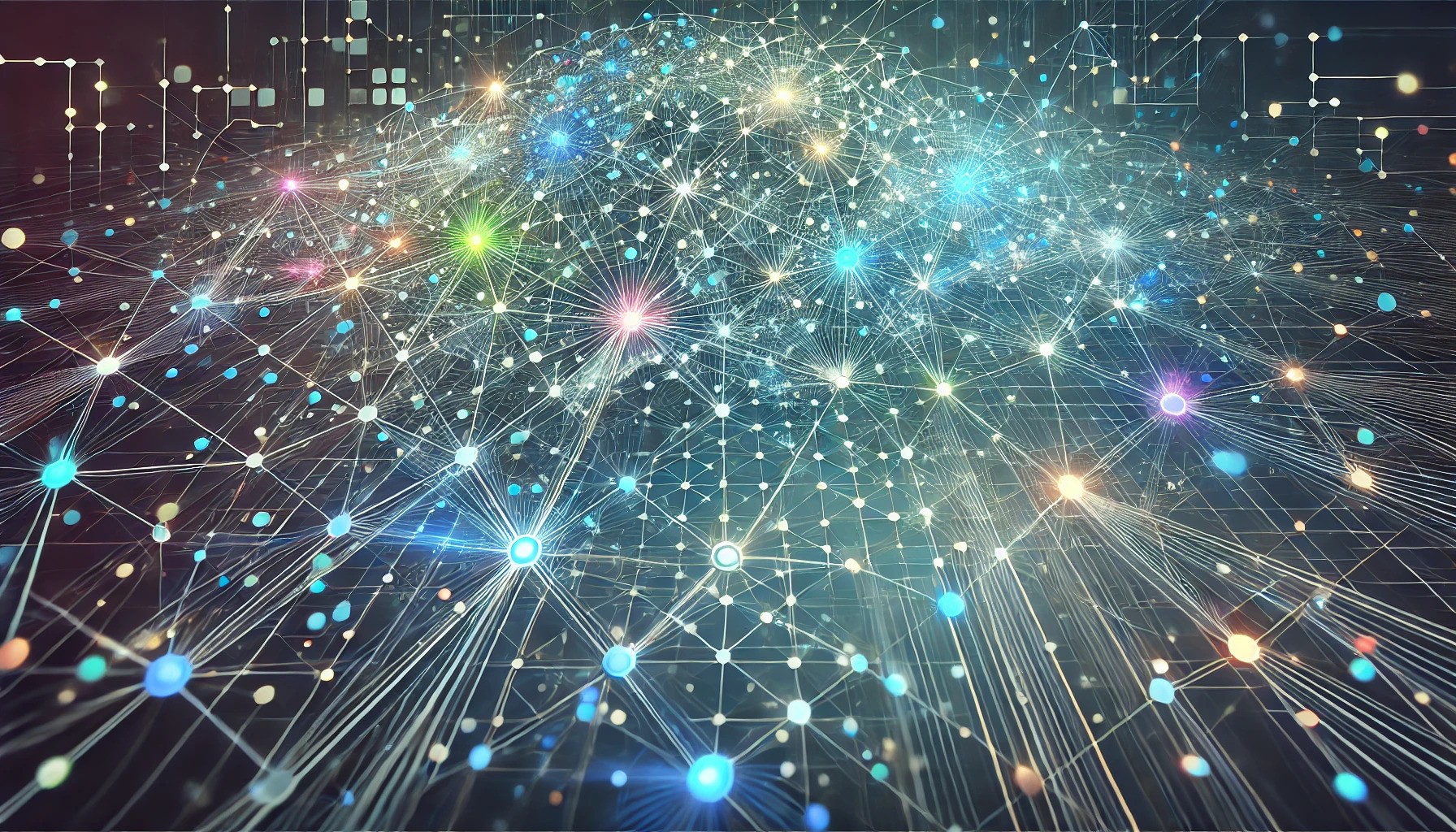2024-04-26
•Shane Haggerty
Series: Neural Nets to Agent Frameworks for NLP Solutions
This series guides developers through techniques for AI classification tasks on small datasets, from neural networks to advanced agent frameworks.

We’re excited to announce a new series of research documents, aimed at developers, where we’ll examine a progression of techniques for performing AI classification tasks on small datasets. In this series, we’ll start with home-brewed approaches like fine-tuning open-source neural networks, and work our way up to rapidly evolving language model extensions like agent frameworks.
In this series, we’ll be producing the following four technical studies:
Study 1: Deep learning and data augmentation basics In this study, we discuss techniques for improving a model’s performance on a classification task with a very small dataset. Our goal is to show different ways to get more out of your data on a commonly used, pretrained NLP model.
Study 2: Open-source NLP model comparison In this study, we discuss techniques for improving a model’s performance on a classification task with a very small dataset. Our goal is to show different ways to get more out of your data on a commonly used, pretrained NLP model.
Study 3: Classification with Large Language Models Ever heard of ‘em? Study 3 is where we’ll talk about how the big players like Meta’s LLaMA 3 and OpenAI’s GPT model series can do wonders for you.
Study 4: Agent Frameworks We’ll finish the series with a discussion of agent programming frameworks like Microsoft AutoGen and crewAI that are built on top of the models from part 3. Some big names are calling attention to agents - you won’t want to miss this one!
Enjoy the series and please reach out to samuel.reed@llemental.com or shane.haggerty@llemental.com if you’d like to chat with us!